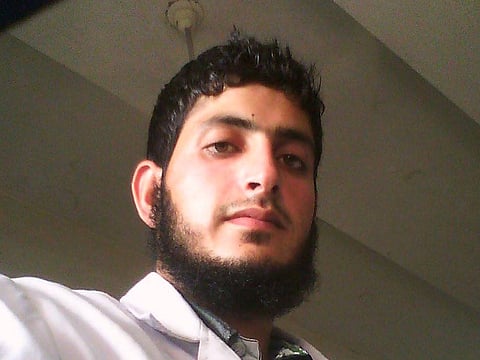Delhi Red Fort blast: Doctor Muzammil Shakeel admits 2023 plot for India attacks in major revelation
Network of doctors, professionals planned coordinated attacks for nearly two years

Investigators probing the car bombing near Delhi’s historic Red Fort on 10 November 2025 say the plot was not spontaneous. According to unnamed sources cited by National Investigation Agency (NIA), key accused Dr Muzammil Shakeel (also referred to as Muzammil Ganai) told interrogators the conspiracy was hatched in 2023 and had been in preparation for nearly two years.
Doctors, vehicles and networks
The blast, which killed at least 13 people and injured many more, involved a Hyundai i20 car parked near the Red Fort ground. The investigation has deepened. According to NDTV, the accused doctor, Muzammil Shakeel, is alleged to have collected explosives and bomb-making materials over two years and coordinated a “white-collar” terror module.
Probe reports from sources such as Times of India suggest a network of about 25–30 individuals from Jammu & Kashmir and Faridabad were involved, with links traced to a medical-teaching institution.
Another key revelation: the accused doctors reportedly worked at a university without obtaining mandatory inter-state medical clearance, raising questions of oversight and infiltration.
Foreign links and militant guidance
Security agencies claim that a Pakistan-based handler, identified as 'Hanzulla', shared bomb-making videos and instructions with the accused doctor. The involvement of overseas networks elevates the case beyond a lone-actor scenario into a trans-regional terror plot.
Interrogation and legal next steps
On 20 November 2025, a Delhi court granted the NIA a 10-day custody of four accused including Dr Muzammil Shakeel and Dr Shaheen Saeed. The agency is commanding a court of inquiry, sifting through diaries, digital footprints and material evidence to map out the full scope of the conspiracy.
Implications for national security
The case represents a shift in how terror modules may be operating: from overt militancy to 'white-collar' cells using professional covers, credible identities and longer-term planning. Analysts say this complicates detection, requiring broader oversight of professional recruitment, campus oversight and medical-institution checks. The rapid unraveling of the module underscores India’s renewed focus on terror plots that are home-grown yet globally linked.
Sign up for the Daily Briefing
Get the latest news and updates straight to your inbox



